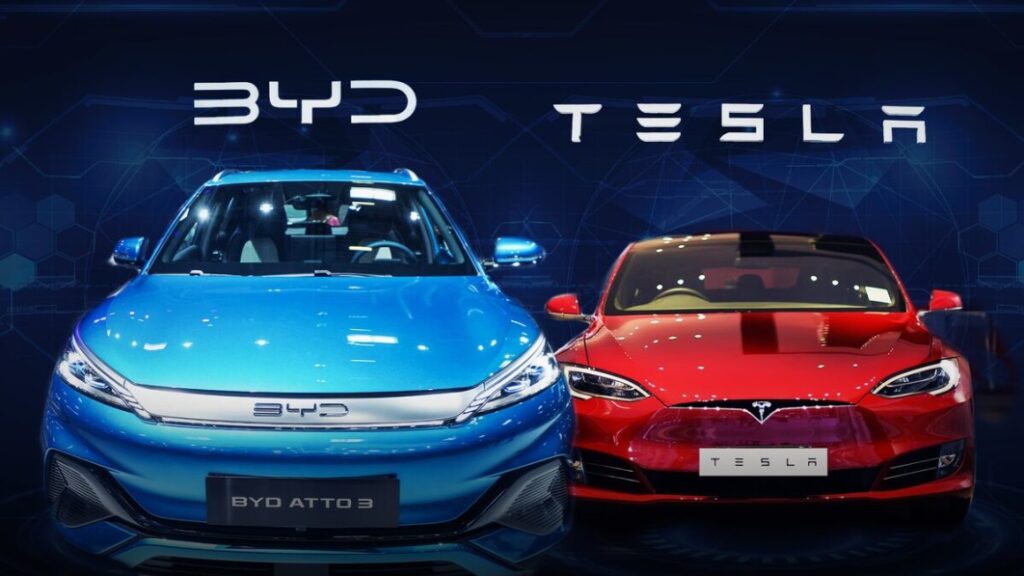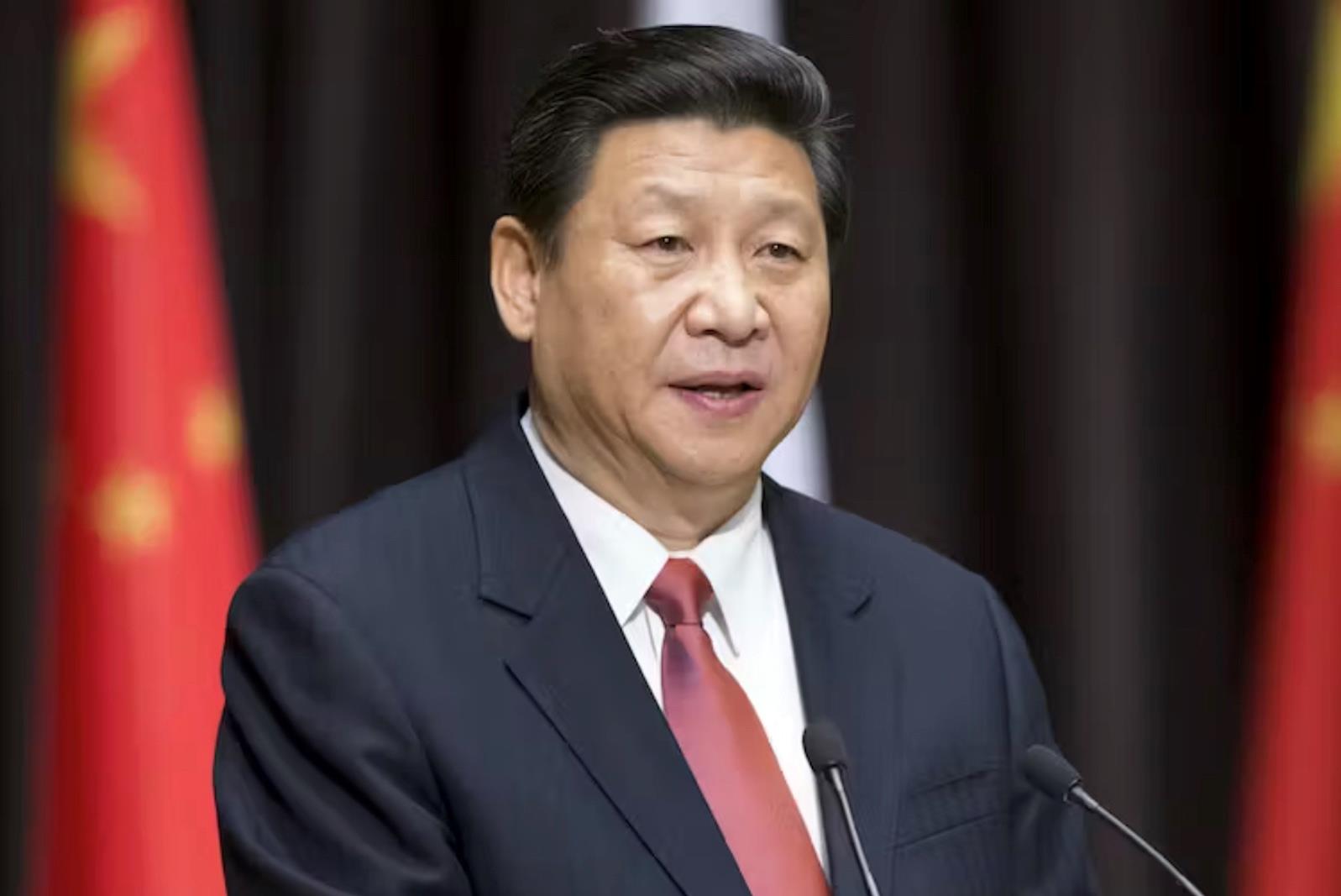Introduction
In the dynamic landscape of electric vehicles (EVs), China has emerged as a leading force, propelled by companies like BYD (Build Your Dreams).
A recent study conducted by Germany’s Kiel Institute of World Economy sheds light on the substantial governmental support BYD has received, catapulting it into the forefront of the global EV industry.This is seen as part of China’s efforts to gain dominance in the electric vehicle and clean technology sectors.
Follow us on Linkedin for everything around Semiconductors & AI
Government Subsidies: A Catalyst for BYD’s Ascent
The study reveals that BYD has amassed a staggering 3.4 billion euros in direct government subsidies, underscoring China’s fervent push to dominate the electric vehicle market.

These subsidies, which witnessed a meteoric rise from 220 million euros in 2020 to a monumental 2.1 billion euros by 2022, have played a pivotal role in BYD’s exponential growth trajectory.
These subsidies given to BYD “have allowed Chinese firms to scale up rapidly, to dominate the Chinese market, and to facilitate increasing expansion into EU markets.”
Chinese authorities assert that their carmakers are leading the electric vehicle competition due to the excellence of their products, driven by a commitment to ongoing technological advancements.
Read More: No. 1 EV Maker: Tesla Retakes EV Crown from BYD in Dramatic Q1 Shift
Symbiotic Relationship with Battery Manufacturers
A critical aspect highlighted by the Kiel Institute is BYD’s symbiotic relationship with local battery manufacturers.
By fostering a supportive ecosystem, China has enabled BYD to scale up rapidly, consolidating its position as the largest EV maker in the country.
This strategic maneuver has not only bolstered BYD’s dominance in the Chinese market but has also paved the way for its incursion into the EU market.
The Kiel Institute also mentioned how almost all of China’s listed companies have received direct handouts, which are “at least three to four times higher” than in any large EU country.
Read More: What are Technology Nodes? – techovedas
Chinese Authorities’ Defense: Superior Products and Technological Innovation
Chinese authorities defend subsidies, citing success of Chinese carmakers. They attribute success to product superiority and technological innovation.
This underscores China’s ambition to dominate EV market. China aims to achieve dominance through financial support, product quality, and innovation.
Read More: What are 4 Levels of an Electronic Systems? – techovedas
BYD’s Evolution: From Battery Manufacturer to EV Giant
BYD’s journey from a battery manufacturer to the world’s largest EV brand is emblematic of China’s rapid technological ascension.
By leveraging its expertise in battery technology, BYD has diversified its portfolio to encompass a range of electric and plug-in hybrid vehicles. It is rivalling even established players like Tesla.
Read More: Most Powerful Chips for business PCs: AMD Ryzen Pro CPUs Break the Mold – techovedas
Financial Performance: A Testament to Success
At the close of 2023, BYD’s net income stood at $4.2 billion. This impressive figure reflects BYD’s strong position in the electric vehicle (EV) market. The company’s net income demonstrates its significant success and growth in the EV landscape. BYD’s remarkable performance underscores its competitiveness and leadership in the industry. This achievement solidifies BYD’s reputation as a major player in the EV sector.
However, the extent to which governmental subsidies have contributed to this success remains a subject of debate and scrutiny.
Read more AMD vs Intel: Which CPU Reigns Supreme in 2024? – techovedas
Conclusion
The BYD phenomenon not only underscores China’s ambition to dominate the global EV industry but also raises pertinent questions regarding the role of governmental support in shaping market dynamics.




